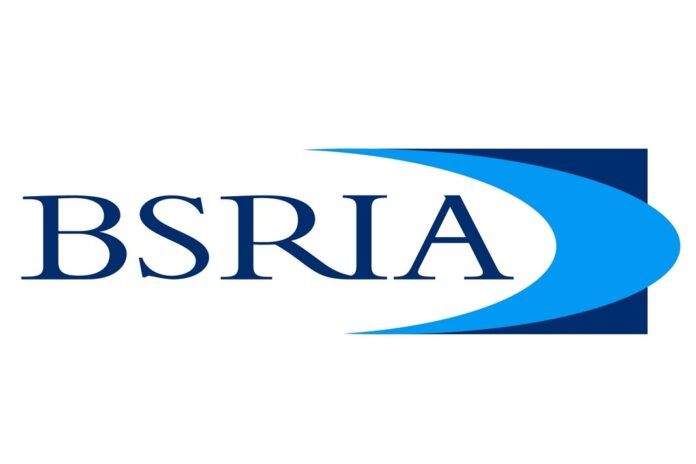
New research has revealed that around one in five households across the UK are living in poorly insulated homes.
The Building Services Research and Information Association (BSRIA) commissioned a study of 2,000 UK homeowners and tenants to investigate the factors holding back the energy efficiency of homes.
The research found that poor or inadequate insulation in walls, roofs, or floors is the primary challenge for 20% of homes, while 23% of homeowners flagged drafty doors and windows as a concern. A further 22% identified a lack of smart heating controls as a key issue affecting energy efficiency.
Moreover, 18% said they were worried about poor ventilation in their home leading to condensation or mould.
The study revealed that Londoners are most likely to be battling over the thermostat setting with 14% reporting this as a challenge compared to an average 8% of consumers across the UK.
A total of 6% of homeowners know the energy performance certificate (EPC) rating of their property, according to the survey findings. The research also showed that 17% are aware of the diverse options available to boost their home’s energy efficiency.
Only one in five people consider their home energy efficient, with over-55s most likely to stay warm this winter.
Tom Garrigan, technical director at BSRIA, said: “EDF figures indicate that the average semi-detached homeowner could save up to £235 a year if they upgraded their cavity-wall insulation, £225 by having a well-insulated loft, or £315 a year if they updated their solid wall insulation. However, it’s clear from this research that, despite the energy crisis, little progress has been made in educating the British public on ways to improve the efficiency of their home, meaning millions are missing out on significant savings on their energy bills.”
According to the research, 55% of British homeowners are unfamiliar with the term retrofit in relation to buildings. This involves taking steps to make homes more self-sufficient, through energy-efficiency measures like loft insulation, cavity wall insulation and double-glazing.
Lisa Ashworth, CEO at BSRIA, added: “We spend around 90% of our time indoors in the UK. Improving the energy efficiency of homes is important to tackling fuel poverty and reducing emissions, but it’s also crucial for the long-term physical and mental wellbeing of the population. The health implications of poorly insulated homes are staggering, and we urgently need to improve our building stock to safeguard people and ensure that everyone has a warm and comfortable place to live.
“The drive toward retrofitting buildings, although not without its challenges, presents an opportunity to address longstanding quality issues in our homes, delivering quality and reducing carbon. It’s a win-win.”
